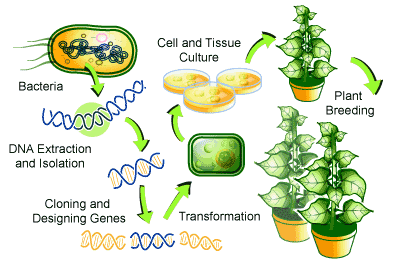CSIR-Advanced Materials and Processes Research Institute (CSIR-AMPRI), BhopalCSIR-Central Building Research Institute(CSIR-CBRI), RoorkeeCSIR-Centre for Cellular Molecular Biology(CSIR-CCMB), HyderabadCSIR-Central Drug Research Institute(CSIR-CDRI), LucknowCSIR-Central Electrochemical Research Institute(CSIR-CECRI), KaraikudiCSIR-Central Electronics Engineering Research Institute(CSIR-CEERI), PilaniCSIR-Central Food Technological Research Institute(CSIR-CFTRI), MysoreCSIR-Central Glass Ceramic Research Institute(CSIR-CGCRI), KolkataCSIR-Central Institute of Medicinal Aromatic Plants(CSIR-CIMAP), LucknowCSIR-Central Institute of Mining and Fuel Research(CSIR-CIMFR) DhanbadCSIR-Central Leather Research

